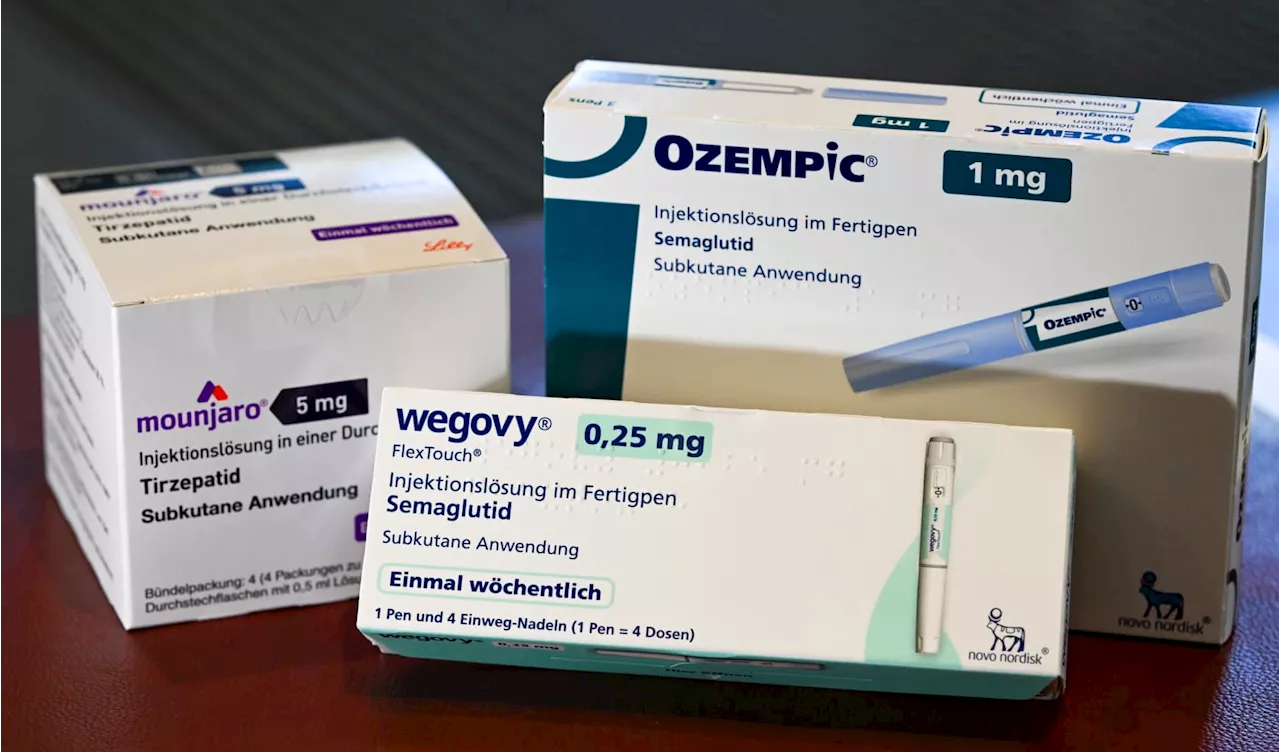As the use of GLP-1 receptor agonists increases, patients are exploring microdosing—taking lower-than-recommended doses—for a range of reasons including weight maintenance, metabolic health improvements, anti-inflammatory effects, and cost reduction. While proponents highlight its benefits, critics raise concerns about the lack of research, potential contamination, and the uncertainty surrounding compounded GLP-1 formulations.
As glucagon-like peptide 1 receptor agonist use becomes more prevalent, patients are using them for new indications — and at new dosages.
Patients have responded in a big way. On social media platforms, patients tout the appeal of microdosing, trading stories and suggestions for how much to microdose. One reddit thread on GLP-1 microdosing, with 1.7 thousand members, aims to explore the benefits of the medications beyond obesity and diabetes, such as less inflammation and more concentration. At least two Facebook groups devoted to microdosing the medications have formed.
Along with the medications, Koniver advises patients to cut portions and make other lifestyle changes. “We can do telemedicine, as we have a physician licensed in all 50 states. But every patient we see comes in person at some point.” GLP-1 microdosing, in particular, offers a slow and steady way for patients to improve their metabolic health before more serious conditions develop, while minimizing the risk of side effects.
In coming years, long-term studies may show the benefits that GLP-1 and other peptide-based drugs hold for organs affected by obesity, including the liver, pancreas, and kidneys, he said.
GLP-1 Microdosing Telemedicine Obesity Diabetes
United States Latest News, United States Headlines
Similar News:You can also read news stories similar to this one that we have collected from other news sources.
 High-Rise Art: The Rise of Rope-Assisted GraffitiThis article delves into the burgeoning trend of rope-assisted graffiti in New York City, profiling two prominent practitioners, XSM and QZAR, and their daring nighttime escapades. It explores their motivations, techniques, and the growing community of artists who are pushing the boundaries of street art.
High-Rise Art: The Rise of Rope-Assisted GraffitiThis article delves into the burgeoning trend of rope-assisted graffiti in New York City, profiling two prominent practitioners, XSM and QZAR, and their daring nighttime escapades. It explores their motivations, techniques, and the growing community of artists who are pushing the boundaries of street art.
Read more »
 UCSD Trump Tariff simulation: Wages would rise, but prices would rise higherAva Kershner is a Multimedia Journalist and Producer at ABC 10News.
UCSD Trump Tariff simulation: Wages would rise, but prices would rise higherAva Kershner is a Multimedia Journalist and Producer at ABC 10News.
Read more »
 Why You Should Start 'Microdosing' Makeup, says Top MUA Lisa Eldridge'Microdosing makeup is a fantastic way to create a polished, effortless 'no-makeup makeup' look,' an expert told Newsweek.
Why You Should Start 'Microdosing' Makeup, says Top MUA Lisa Eldridge'Microdosing makeup is a fantastic way to create a polished, effortless 'no-makeup makeup' look,' an expert told Newsweek.
Read more »
 Are Patients On GLP-1s Getting the Right Nutrients?As GLP-1 RA use soars, experts are worried that patients may not be getting the right nutrients in their diets. How can clinicians support their patients’ nutritional needs?
Are Patients On GLP-1s Getting the Right Nutrients?As GLP-1 RA use soars, experts are worried that patients may not be getting the right nutrients in their diets. How can clinicians support their patients’ nutritional needs?
Read more »
 Employers Embrace Nutrition Coaching Amid Rising Costs of GLP-1 DrugsMore employers are requiring workers on GLP-1 medications to participate in nutrition and lifestyle coaching programs to manage costs associated with these drugs. Startups like Virta Health and Omada Health are experiencing significant growth in demand for their weight loss management programs.
Employers Embrace Nutrition Coaching Amid Rising Costs of GLP-1 DrugsMore employers are requiring workers on GLP-1 medications to participate in nutrition and lifestyle coaching programs to manage costs associated with these drugs. Startups like Virta Health and Omada Health are experiencing significant growth in demand for their weight loss management programs.
Read more »
 Can GLP-1s Reduce Alzheimer’s Disease Risk?Caroline Messer, MD, shares how she prescribed a GLP-1 receptor agonist to a patient as possible low-risk prophylaxis against Alzheimer’s disease.
Can GLP-1s Reduce Alzheimer’s Disease Risk?Caroline Messer, MD, shares how she prescribed a GLP-1 receptor agonist to a patient as possible low-risk prophylaxis against Alzheimer’s disease.
Read more »
